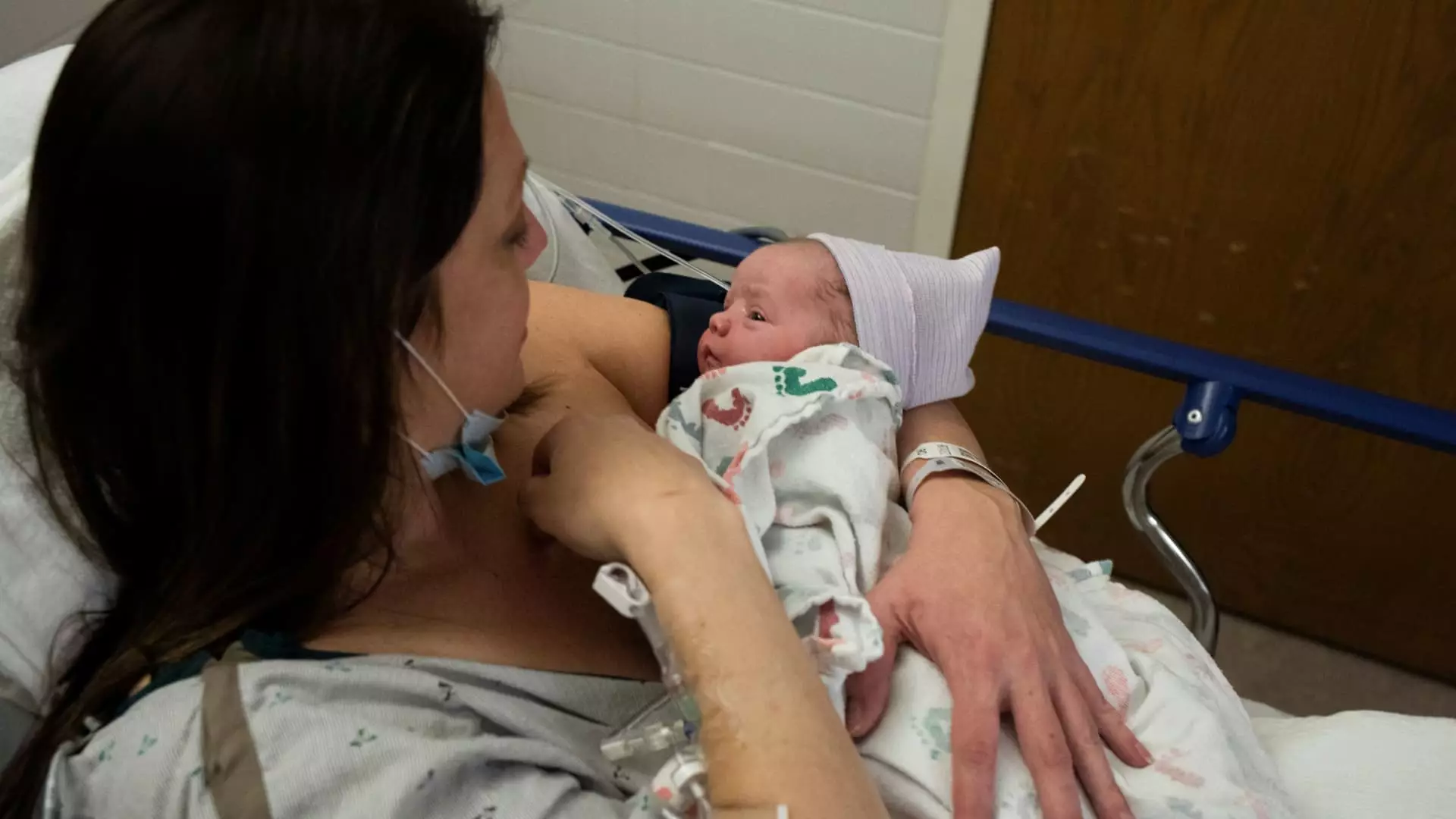America’s fertility crisis is not merely a statistical anomaly; it indicates a profound shift in societal values. With the fertility rate plummeting to around 1.6 births per woman, we find ourselves teetering dangerously below the 2.1 threshold required for population sustainability. This demographic trend is sobering, signaling not just a future decline in American population but the unraveling of economic structures designed to support retired generations. The implications are far-reaching, and the urgent question is not just about numbers but about the cultural zeitgeist that has given rise to this disquieting trend.
The Economic Dilemma
The economic concerns tied to our dwindling birth rates are compelling. An aging population will inevitably lead to a diminished workforce that can support essential programs like Social Security and Medicare. As highlighted by economists such as Melissa Kearney and Brad Wilcox, fewer workers mean fewer contributions to these systems, creating a potential domino effect that could destabilize the economy. This crisis poses a risk not only for future retirees but for the societal fabric itself, which heavily relies on the interdependence of generations. Will we find ourselves in a position where the economy cannot support its oldest citizens? Such a fate feels more tangible with every sobering statistic.
Financial Incentives: A Misguided Solution
In response to this demographic storm, we see lawmakers flailing for solutions, endorsing financial incentives like lump-sum payments or enhanced tax credits for families. These measures appear well-intentioned, yet they are ultimately superficial, failing to account for the deeper motivations behind declining birth rates. Kearney’s observations are crucial here; financial incentives can only address surface-level issues in a landscape where the decision to have children is underpinned by complicated psychological and societal factors. Parenthood is viewed today not merely as a commitment but as an intricate lifestyle choice, often overshadowed by the competing priorities of education and career advancement. A mere cash reward does little to alter this calculus.
The Cultural Paradigm Shift
Digging deeper, we must confront the undeniable cultural transformation at play. The existing paradigm suggests that young adults are increasingly focused on personal achievement and financial security, often at the expense of family commitments. In a world saturated with varying lifestyle choices, it’s no wonder that parenthood is slipping down the priority list. As Wilcox notes, education, wealth accumulation, and career trajectories emerge as primary concerns, eclipsing the once-shared societal narrative that celebrated having children as a fundamental aspect of life.
This doesn’t merely reflect a change in individual priorities but an overhaul of communal values. The idea of raising a family, with all its inherent joys and sacrifices, is being supplanted by a worldview that equates success with professional advancement. This shift isn’t inherently negative—the focus on self-fulfillment is important—but it does require a reevaluation of what we value collectively. Are we, as a society, willing to accept a future where having children becomes a niche pursuit rather than a shared experience?
Breaking Down Barriers
Addressing America’s fertility crisis requires more than financial incentives or government-backed prompts. To reinvigorate the birth rate and shift societal attitudes, we need to foster an environment where parenthood is not only accepted but celebrated. This involves creating supportive systems that accommodate working parents, acknowledging their challenges, and elevating the discourse around parenthood to include diverse narratives about family and success.
This change won’t happen overnight, nor can it be mandated from the top down. A collaborative effort is necessary—one that actively redefines cultural notions about family, prioritizes work-life balance, and implements effective policies that take into account the multifaceted nature of modern parenthood. By addressing the emotional, economic, and social dimensions collectively, we may begin to paint a hopeful picture for both the economy and our future generations.
In a world that often seems fixated on individual pursuits, we must not forget the power—that comes from embracing family and community, as we face the alarming reality of a looming birth rate crisis.

